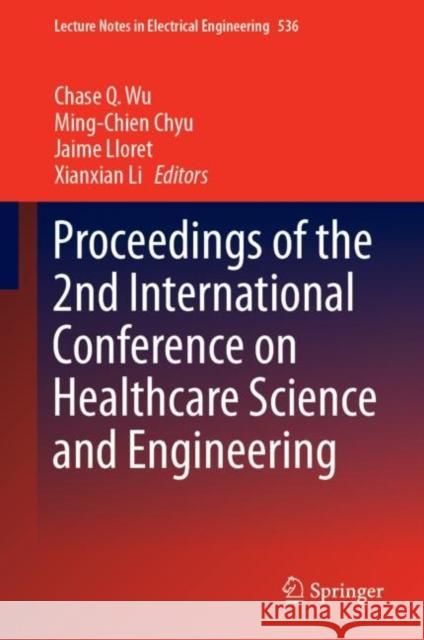Proceedings of the 2nd International Conference on Healthcare Science and Engineering » książka
topmenu
Proceedings of the 2nd International Conference on Healthcare Science and Engineering
ISBN-13: 9789811368363 / Angielski / Twarda / 2019 / 306 str.
Kategorie:
Kategorie BISAC:
Wydawca:
Springer
Seria wydawnicza:
Język:
Angielski
ISBN-13:
9789811368363
Rok wydania:
2019
Wydanie:
2019
Ilość stron:
306
Waga:
0.62 kg
Wymiary:
23.39 x 15.6 x 1.91
Oprawa:
Twarda
Wolumenów:
01
Dodatkowe informacje:
Wydanie ilustrowane











